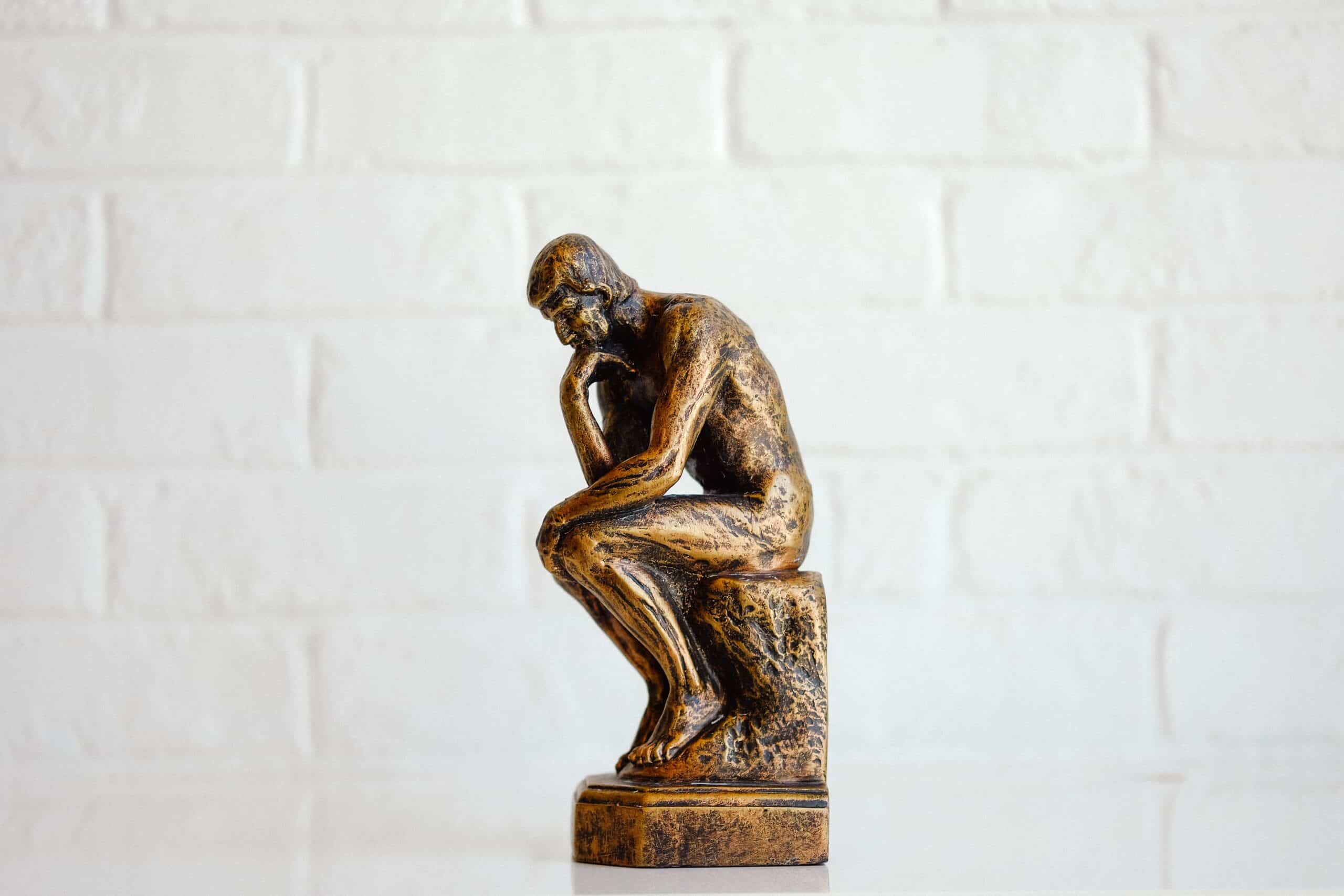It’s normal to feel sad or down at times. But if you’re feeling persistently sad, hopeless, and helpless for more than two weeks, you may be experiencing a depressive episode. A depressive episode can interfere with your ability to work, sleep, eat, and enjoy life. It’s important to seek help if you think you may be experiencing one. In this blog post, we will discuss 15 ways on how to get out of a depressive episode.
How Do You Know Whether You Have Major Depressive Disorder Or Not
Major depressive disorder, also called clinical depression, is a mood disorder that causes persistent feelings of sadness and loss of interest. It can interfere with your ability to work, sleep, eat, and enjoy life. If you have major depressive disorder, you may have trouble functioning in your daily life. You may feel like there’s no hope for the future and that nothing will ever get better.
There are different types of depressive episodes, including:
- Situational: This type of episode is triggered by a stressful event, such as the death of a loved one, a divorce, or losing your job.
- Psychotic: This type of episode is characterized by delusions or hallucinations.
- Seasonal: This type of episode typically occurs during the winter months when there is less sunlight.
If you’re not sure whether you have major depressive disorder, talk to your doctor. They can help you make a diagnosis and develop a treatment plan.
How To Get Out Of A Depressive Episode
Number 1: Get Enough Sleep.
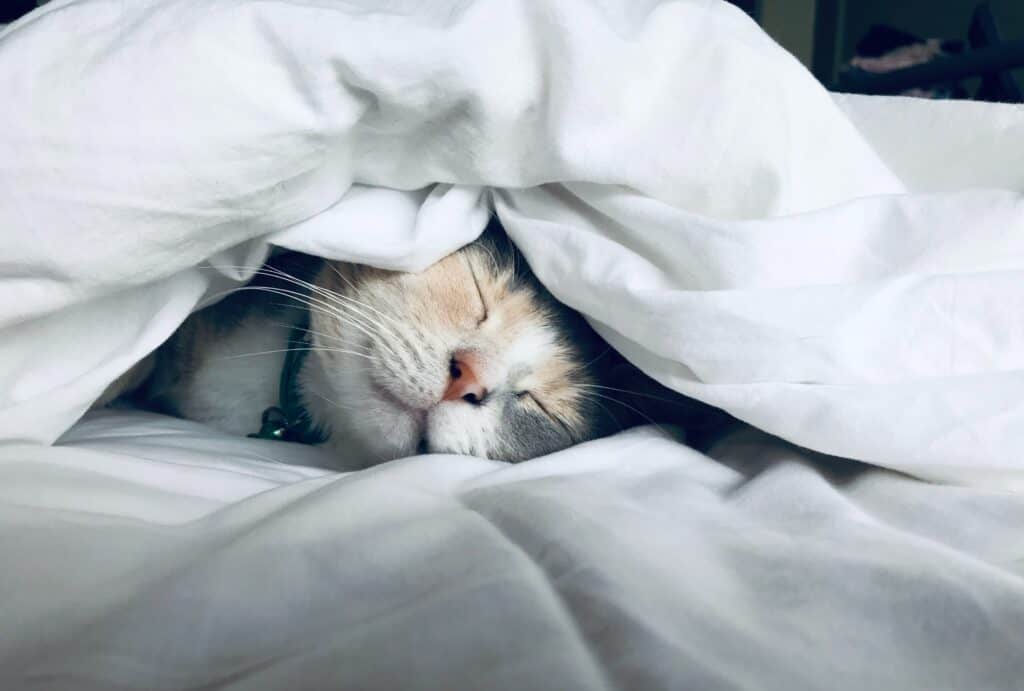
Depression can cause insomnia, so it’s important to get enough sleep. Aim for seven to eight hours of sleep each night. It not rare that our body are so much in motion that we don’t realize how tired we are. This because of our routines like work, school, family and social life. So it is important to have a schedule where we establish some “me time” to relax our minds and bodies, this can be done with practices like yoga or reading.
Number 2: Eat Healthy Foods
Depression can cause changes in appetite, so it’s important to eat healthy foods. A healthy diet is important for many reasons. It can help you maintain a healthy weight, have more energy, and avoid diseases. Eating healthy can also help you cope with depression. Nutritious foods will help you feel better and give you the energy you need to cope with depression. A healthy diet may not cure depression, but it can certainly help you manage it.
Number 3: Exercise
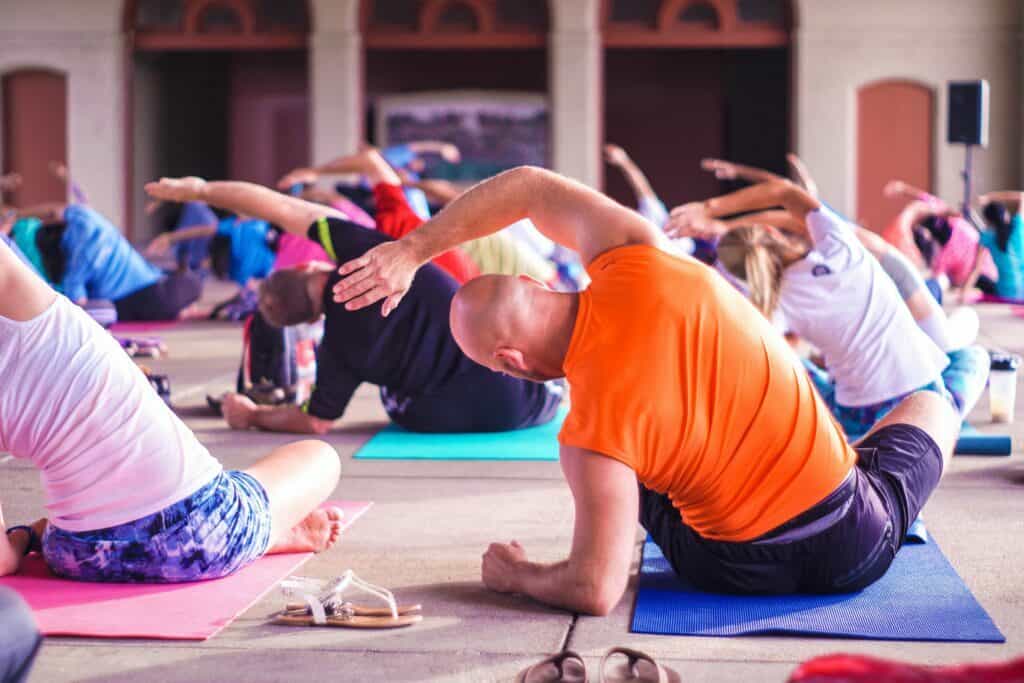
Exercise is a great way to boost your mood and get out of a depressive episode. It releases endorphins, which have mood-boosting effects. Exercise can also help you sleep better, increase your energy levels, and improve your self-esteem.
There are many different ways to exercise like going for a walk, running, biking, swimming, or even taking a dance class. Find an activity that you enjoy and make it part of your routine.
If you don’t feel like going outside you can do indoor sports like yoga, pilates or riding an exercise bike.
Number 4: Spend Time With Friends And Family
Spending time with loved ones can help you feel connected and supported. They can provide a listening ear, a shoulder to cry on, and a distraction from your problems. If you’re feeling isolated, reach out to your friends and family. Plan outings, and events, or just spend time talking and hanging out.
Tell them about your depressive episode, you don’t have to carry everything on your own in life. Trying to get help is not a sin instead, we are all human beings and have to take care of each other.
Number 5: Volunteer
Volunteering is a great way to get out of a depressive episode. It can help you feel connected to others and make a difference in your community. It can also boost your self-esteem and give you a sense of purpose. There are many different ways to volunteer:
- You can volunteer at a local soup kitchen or food bank.
- You can volunteer to walk dogs at a local animal shelter.
- You can volunteer at a local hospital or nursing home.
- You can volunteer to tutor children in your community.
Find an opportunity that interests you and sign up.
Number 6: See your doctor or mental health professional
If you think you may be experiencing a depressive episode, it’s important to see your doctor or a mental health professional. They can help you make a diagnosis and develop a treatment plan. If you’re already seeing a mental health professional, be sure to keep up with your appointments and follow their recommendations.
Number 7: Join A Support Group
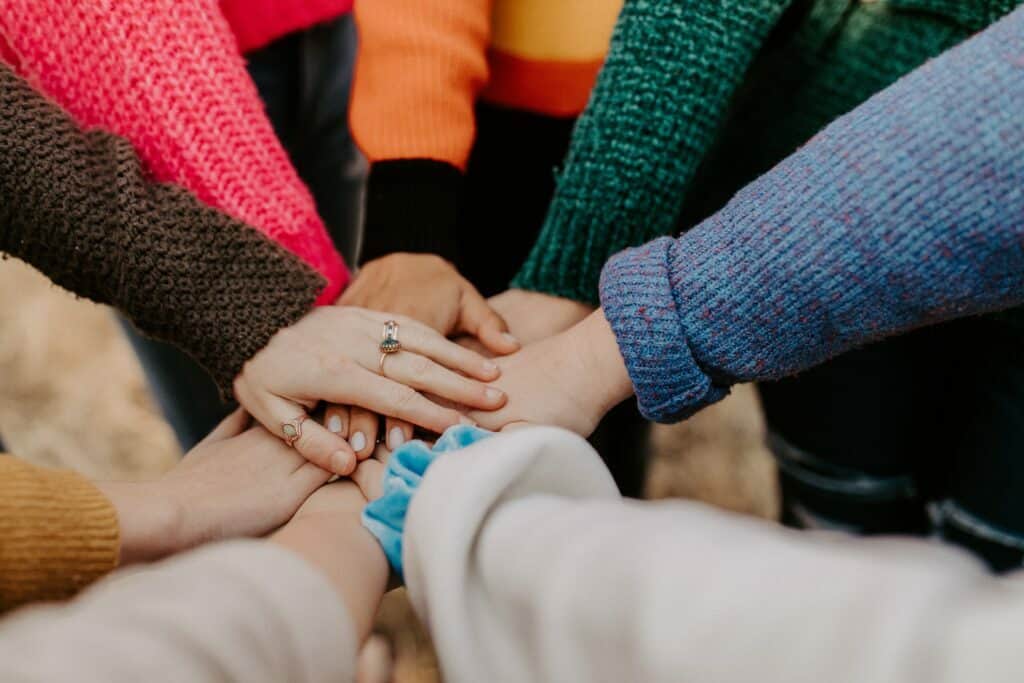
If you’re struggling with depression, you’re not alone. There are many others who understand what you’re going through and can offer support. Joining a support group can provide you with a sense of community and understanding. It can also be a great way to share your experiences and learn from others.
When recovering from mental illness a support group is great for setting goals and achieving them. Since you see each other regularly, you can help each other stay on track. For some people it is also like a secon family.
Number 8: Avoid Drugs and Alcohol
This kind of stuff can worsen your depressive episode. They can also lead to other problems like financial difficulties, legal trouble, mood disorder and health problems. If you’re struggling with depression, it’s important to avoid drugs and alcohol. If you’re already using them, it’s important to get help.
Without realising you can get into major depressive episodes because once your system is used to taking them it will be even harder for you to stay sober. Try to find new hobbies and friends who do not use any kind of substances so you are not triggered to start using them again.
Number 9: Distract Yourself

When you’re having depressive episodes, it can be hard to focus on anything else. But distracting yourself can be a helpful way to cope with depressive symptoms. Find activities that you enjoy and make time for them in your day. You can also try to stay busy by taking on new projects, hobbies, or responsibilities.
Find things that make you laugh or help you forget your problems for a while. It can be anything from watching a funny movie to playing with a pet.
But never try to do more of the stuff that gets you into depressive episodes. If you have a burnout for example, don’t try to work more to distract yourself. This is one of the worst things you can do in this situation which causes only more depressive episodes.
Number 10: Set Realistic Goals
When you’re depressed, it can be hard to set goals. But setting and achieving small goals can help you boost your mood and give you a sense of accomplishment. When setting goals, be sure to make them realistic and achievable. Start with small goals and work your way up to larger ones.
Some examples of realistic goals include:
- taking a walk every day
- eating healthy meals
- getting out of bed each day
- taking a shower each day
- dressing each day
- brushing your teeth each day
Even if it’s hard in the beginning and you feel like you never want to get out of bed again, small goals like these can help you get back on track.
Number 11: Be Patient
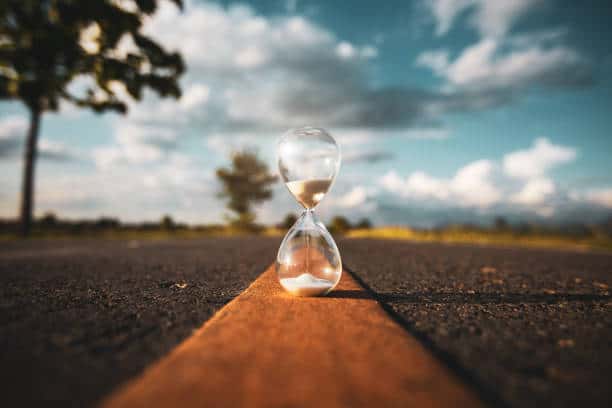
Recovery from depression can take time. There will be good days and bad days. Be patient with yourself and don’t expect to feel better overnight. It’s important to keep up with your treatment plan and stick with it even when you’re feeling better.
If you start to feel like you’re not making progress, talk to your doctor or therapist. They can help you make adjustments to your treatment plan.
Number 12: Connect With Nature

Spending time in nature can help you feel connected to something larger than yourself. It can also provide a sense of peace and calm. When you’re feeling depressed, take some time to go outside and enjoy the fresh air. Take a walk in the park, go for a hike, or sit by the ocean.
Often it is also enough to go out for 10-15 minutes a day. You can increase this day by day.
If you don’t feel like moving outside, try looking out the window or spending time in a garden.
Number 13: Spend Time With Animals
Pets can provide companionship, love, and support. They can also help you feel less isolated and lonely. Interacting with animals has been shown to increase levels of oxytocin, which is a hormone that helps reduce stress and promote bonding. If you don’t have a pet, consider spending time with a friend’s or family member’s pet. You can also volunteer at a local animal shelter.
Number 14: Gratitude
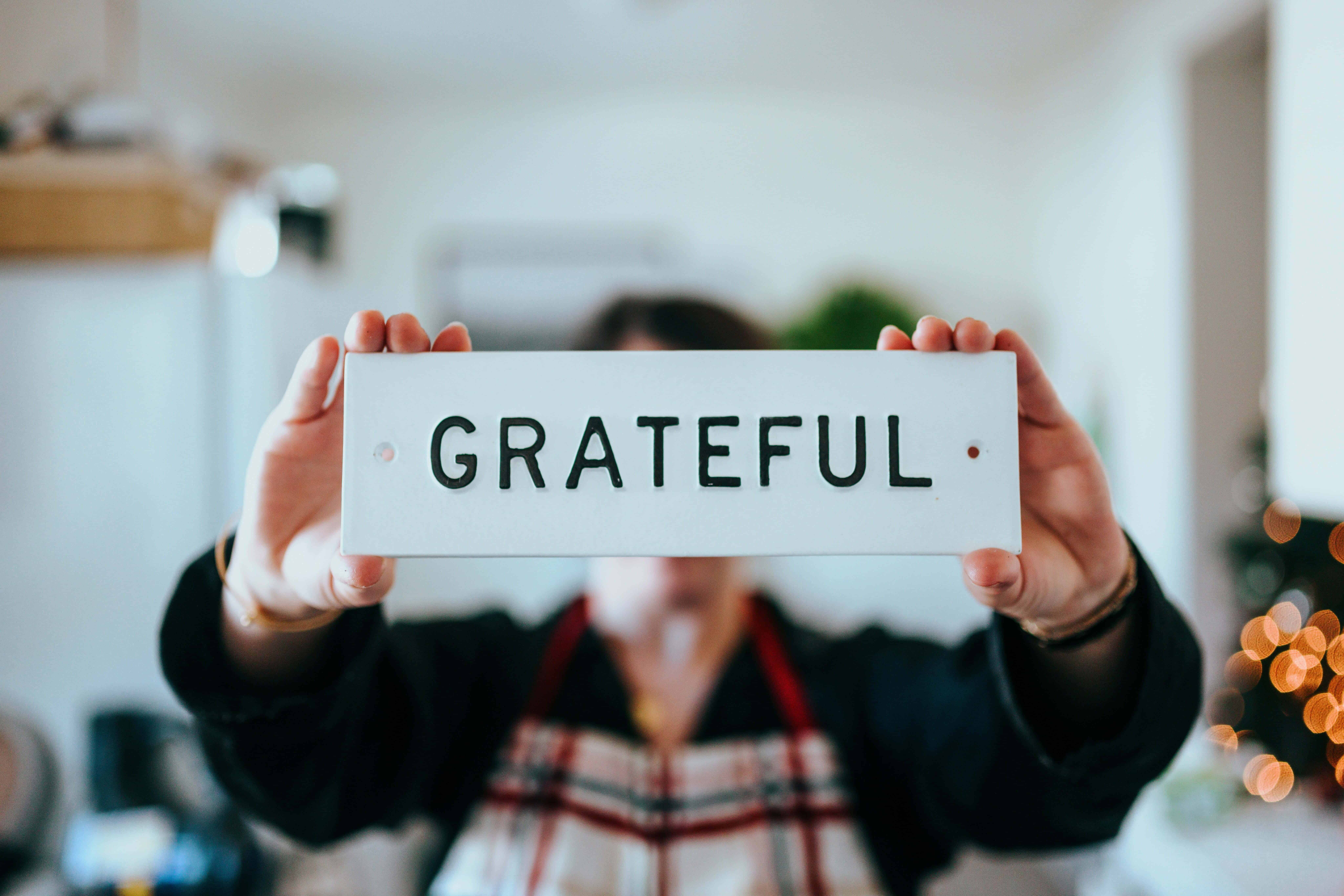
Being thankful for what you have can help you feel better about yourself and your life. When you’re feeling down, take a few minutes to write down things you’re grateful for. You can also try to meditate on gratitude or keep a gratitude journal.
Some things you may be grateful for include:
- your health
- your family and friends
- your job
- your home
- your pet
Taking the time to appreciate the good things in your life can help you feel more positive and hopeful.
Number 15: Do Not Give Up Hope
Depression is a treatable illness. With proper diagnosis and treatment, most people with depression can improve. If you’re struggling, it’s important to remember that help is available and that things can get better.
Depression can be a difficult journey, but there is hope for recovery. If you or someone you know is struggling with depression, please seeking professional help.
Final Thoughts
Depression is a serious illness that can be difficult to overcome. But with proper diagnosis and treatment, most people with depression can improve. If you’re struggling, it’s important to remember that help is available and that things can get better.
There are many things you can do to help yourself feel better. These include exercise, relaxation techniques, and spending time with loved ones. If you’re feeling down, don’t hesitate to reach out for help.
Depression is a serious illness, but there is hope for recovery. With proper diagnosis and treatment, most people with depression can improve. If you or someone you know is struggling with depression, please seek professional help.
This was our approach to “How To Get Out Of A Depressive Episode”.
You can also check out our blog post on 75 ways to be happy again.
Please remember: You are not alone. Help is available. Things can get better.
FAQ
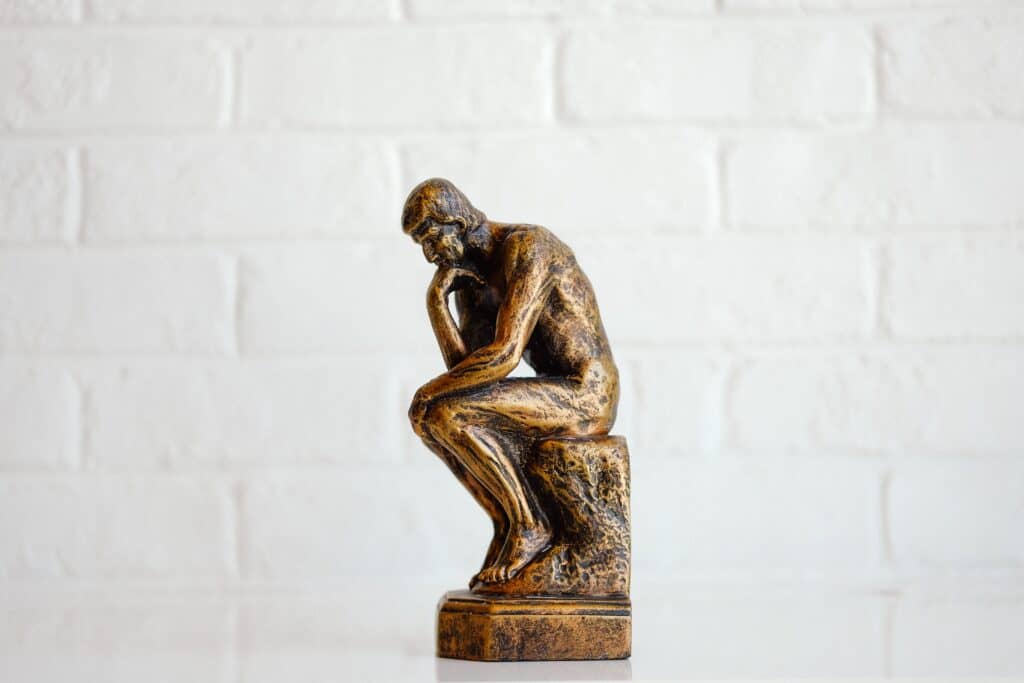
What are some common signs of depressive episodes?
Some common signs of depressive episodes include feelings of sadness, hopelessness, worthlessness, and guilt. Other signs may include changes in sleep or appetite, fatigue, difficulty concentrating, and thoughts of death or suicide.
If you think you may be experiencing a depressive episode, it’s important to talk to your doctor or therapist. They can help you make a diagnosis and develop a treatment plan.
What is the difference between sadness and depression?
Sadness is a normal human emotion that we all experience from time to time. It’s usually short-lived and in response to a specific event or situation giving you negative feelings. Depression, on the other hand, is harming your mental health that can cause persistent feelings of sadness and hopelessness. It can also lead to physical health problems.
What are some depression symptoms?
Some depression symptoms include persistent feelings of sadness and hopelessness, fatigue, changes in sleep or appetite, difficulty concentrating, and thoughts of death or suicide. If you think you may be experiencing symptoms of depression, it’s important to talk to your doctor or therapist. They can give you professional help.
Are depressive episodes curable?
Depressive episodes are treatable. With proper diagnosis and treatment, most people with depression can improve. If you’re struggling, it’s important to remember that help is available and that things can get better.
How to get out of bed when depressed?
If you’re struggling to get out of bed in the morning, it’s important to remember that help is available and that things can get better. There are many things you can do to help yourself feel better. These include exercise, relaxation techniques, and spending time with loved ones. If you’re feeling down, don’t hesitate to reach out for help. Depression is a serious illness, but there is hope for recovery.
What is a depression funk?
A depression funk is a period of time when you’re feeling down or hopeless. In this blog article we phrased it as a depressive episode.
How can I support someone who is struggling with a depressive episode?
If you know someone who is struggling with a depressive episode, it’s important to offer support and encouragement. You can also help by providing practical assistance, such as helping with childcare or running errands. If the person is reluctant to seek professional help, you can offer to go with them to their appointment.
The most important thing you can do is to let the person know that you care and that they are not alone.

